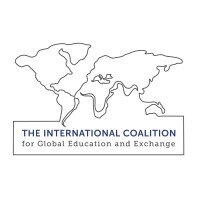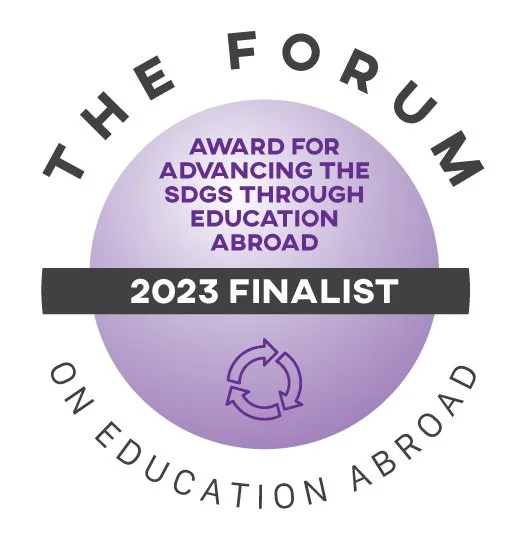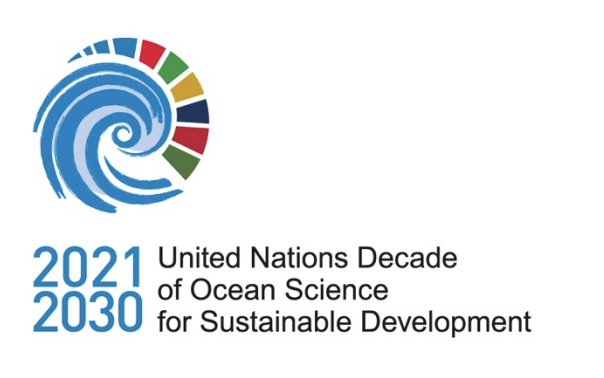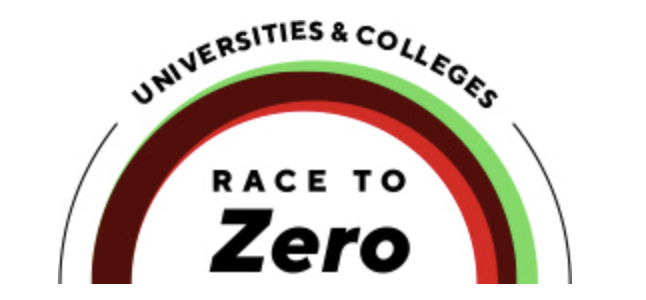It's no doubt that studying abroad is a fantastic opportunity for cultural immersion and to learn new skills in a new location while making new friends. But we now know the detrimental effects our travel has on the planet so as conscientious travelers, what can we do about it so that we can continue to learn abroad without contributing or at least, drastically lessening, our travel's negative impact on the planet?
"2020 and 2021 have seen an increase in climate change-related disasters; climate change is real, is here, and it affects all communities, affluent and low-income alike."
IOI's Director of Operations and International Partnerships, Daniel Ponce Taylor, explores this question in his recent blog for Gap Year Association.
"Students that participate in gap year programs can emit more CO2 than some of the communities in which they engage emit in an entire year. There is no way around the fact that our field activities emit a lot of carbon when traveling to remote locations. As an industry, we must do something about that!"
Read more about what he has to say about the topic here:
https://www.gapyearassociation.org/2021/10/26/insetting-vs-offsetting-greenhouse-gas-emissions/














